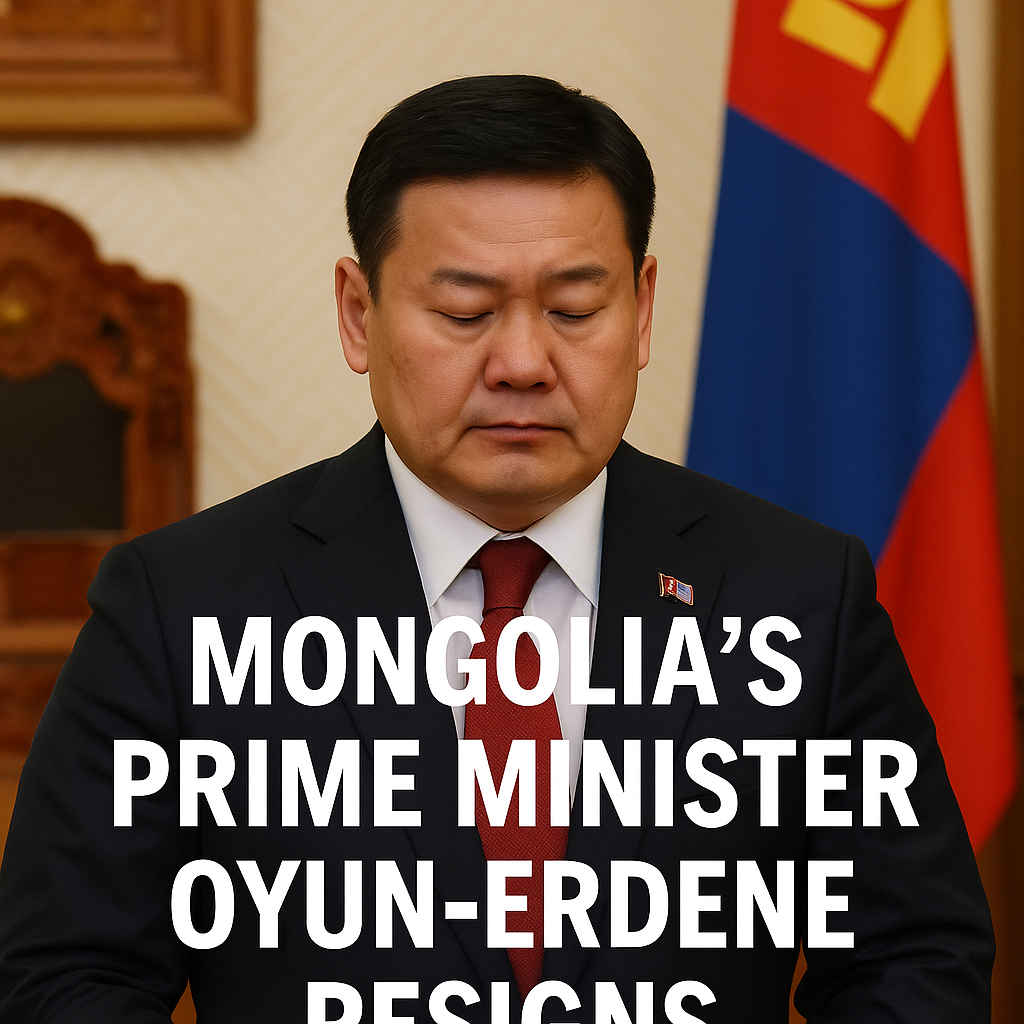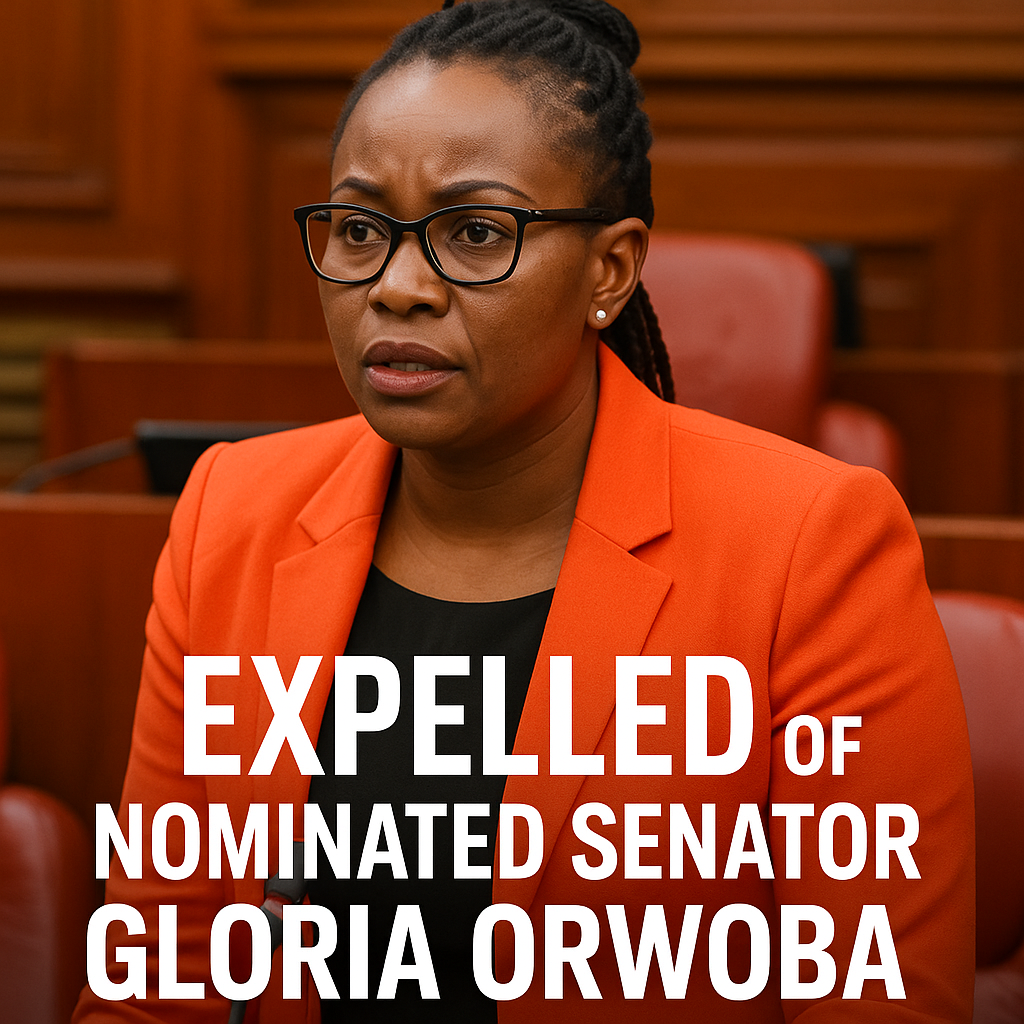The Mongolia Prime Minister resignation shocked the nation on June 3, 2025, when Luvsannamsrai Oyun-Erdene officially stepped down. The move came after a parliamentary vote of no confidence and widespread protests triggered by corruption allegations involving his son.
Thank you for reading this post, don't forget to subscribe!Read the full background from The Diplomat and analysis from Reuters.
Why the Mongolia Prime Minister Resigned
Social media exploded after Oyun-Erdene’s son, Temuulen, posted pictures flaunting expensive designer goods, a luxury car, and overseas trips. For a country struggling with economic hardship, this display sparked outrage.
Citizens circulated a petition for the Mongolia Prime Minister’s resignation, which quickly gained over 59,000 signatures. Massive protests followed, putting pressure on Parliament to act.
Parliamentary Vote Ends Oyun-Erdene’s Term
On June 3, Parliament held a confidence vote. Oyun-Erdene failed to secure the 64 votes required to stay in office. He resigned shortly afterward but will remain as caretaker Prime Minister for 30 days.
The Mongolia Prime Minister resignation has left a leadership vacuum, and the ruling Mongolian People’s Party must now choose a successor.
The Legacy of Oyun-Erdene’s Administration
Oyun-Erdene promoted large-scale development projects and supported foreign partnerships like the Oyu Tolgoi copper mine with Rio Tinto. His vision focused on economic growth, but many felt he ignored growing social inequities.
Critics accused his administration of failing to implement transparency and anticorruption reforms. The public backlash culminated in his downfall.
What the Mongolia Prime Minister Resignation Means for the Economy
Analysts warn that the resignation could shake investor confidence. The fate of projects like Oyu Tolgoi is now uncertain. Although full nationalization is unlikely, the next government may impose stricter regulations on foreign deals.
The new leadership will need to reassure international partners while addressing domestic calls for reform.
What’s Next for Mongolia?
The Mongolian People’s Party faces pressure to choose a leader who can restore public trust. Many citizens are demanding stronger anticorruption laws and better governance.
Observers believe the Mongolia Prime Minister resignation could mark a turning point. If handled poorly, it may deepen the crisis. But if the party listens to the people, real reform could follow.
Conclusion
The Mongolia Prime Minister resignation reflects growing anger over elite privilege and government corruption. Citizens made their voices heard through protests and petitions, leading to real political change.
Mongolia stands at a crossroads. The future will depend on whether its leaders choose accountability—or fall back into old patterns.



